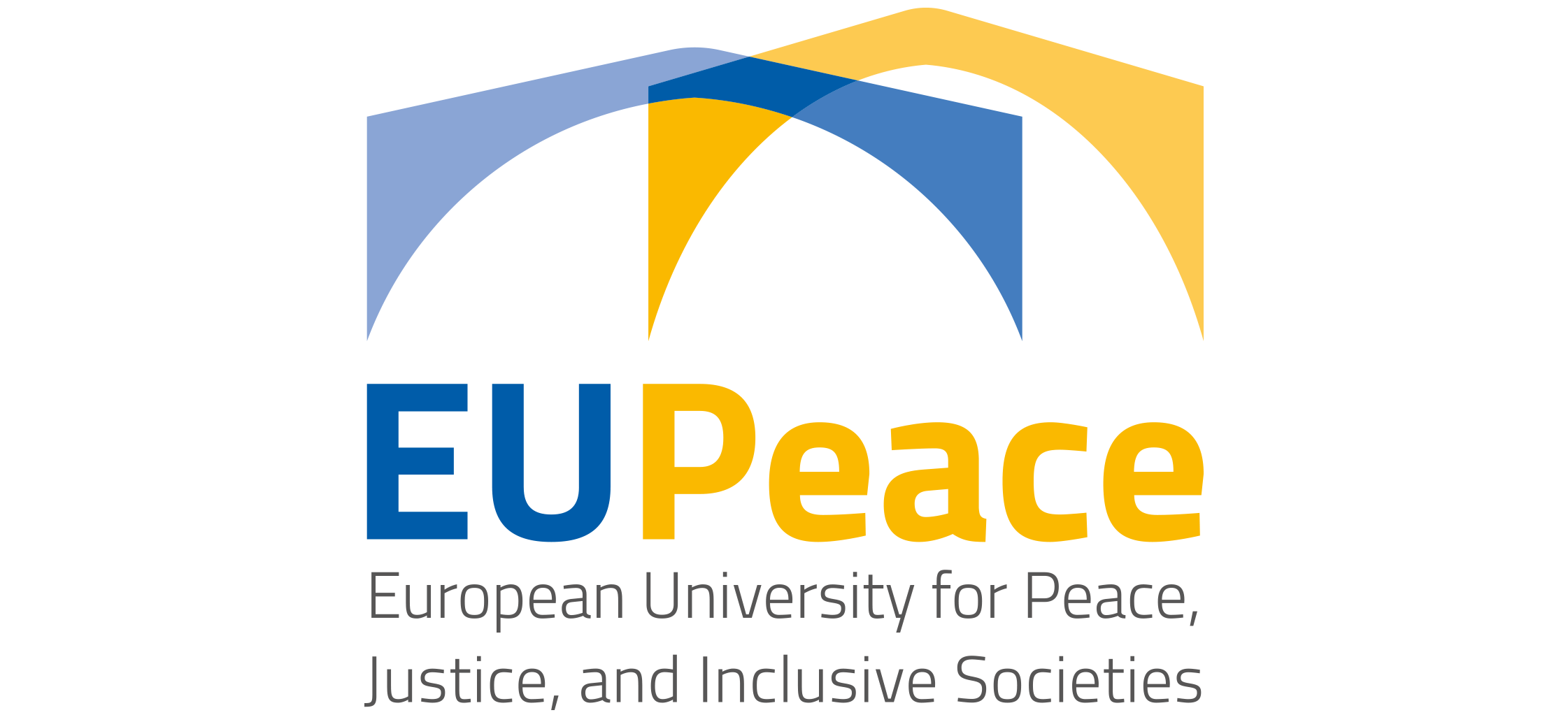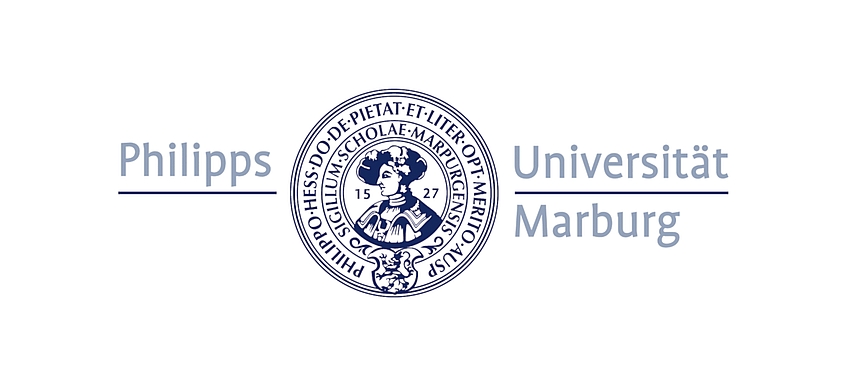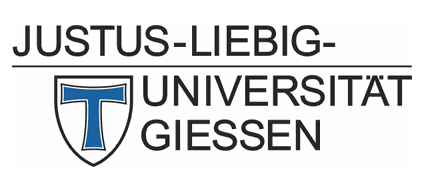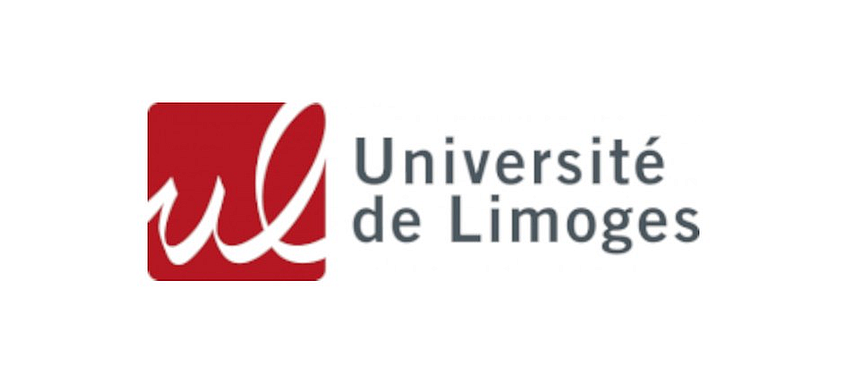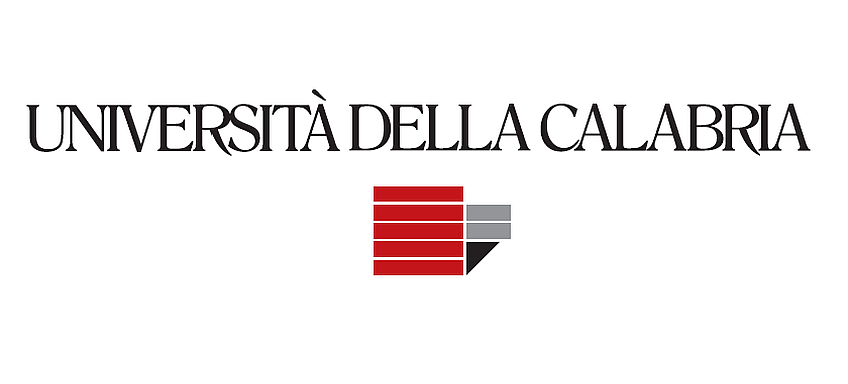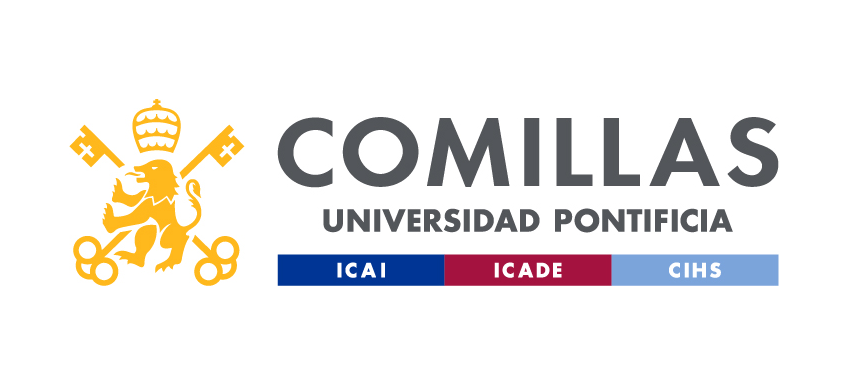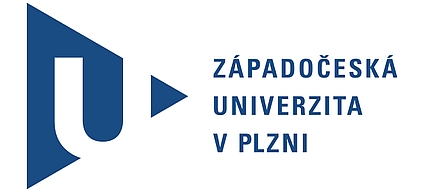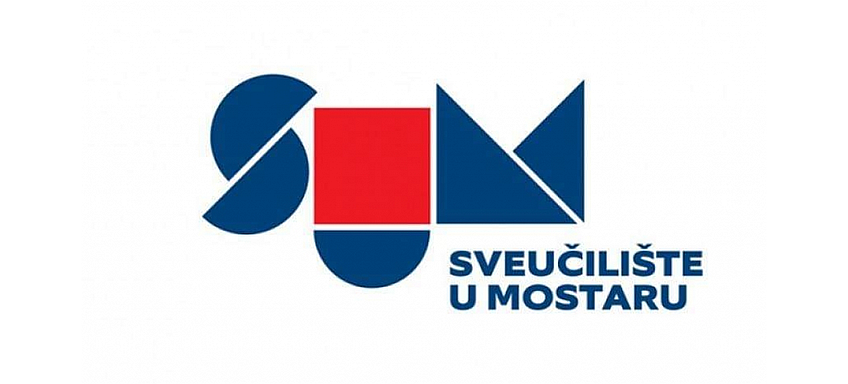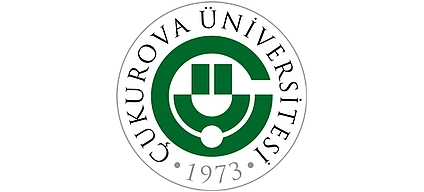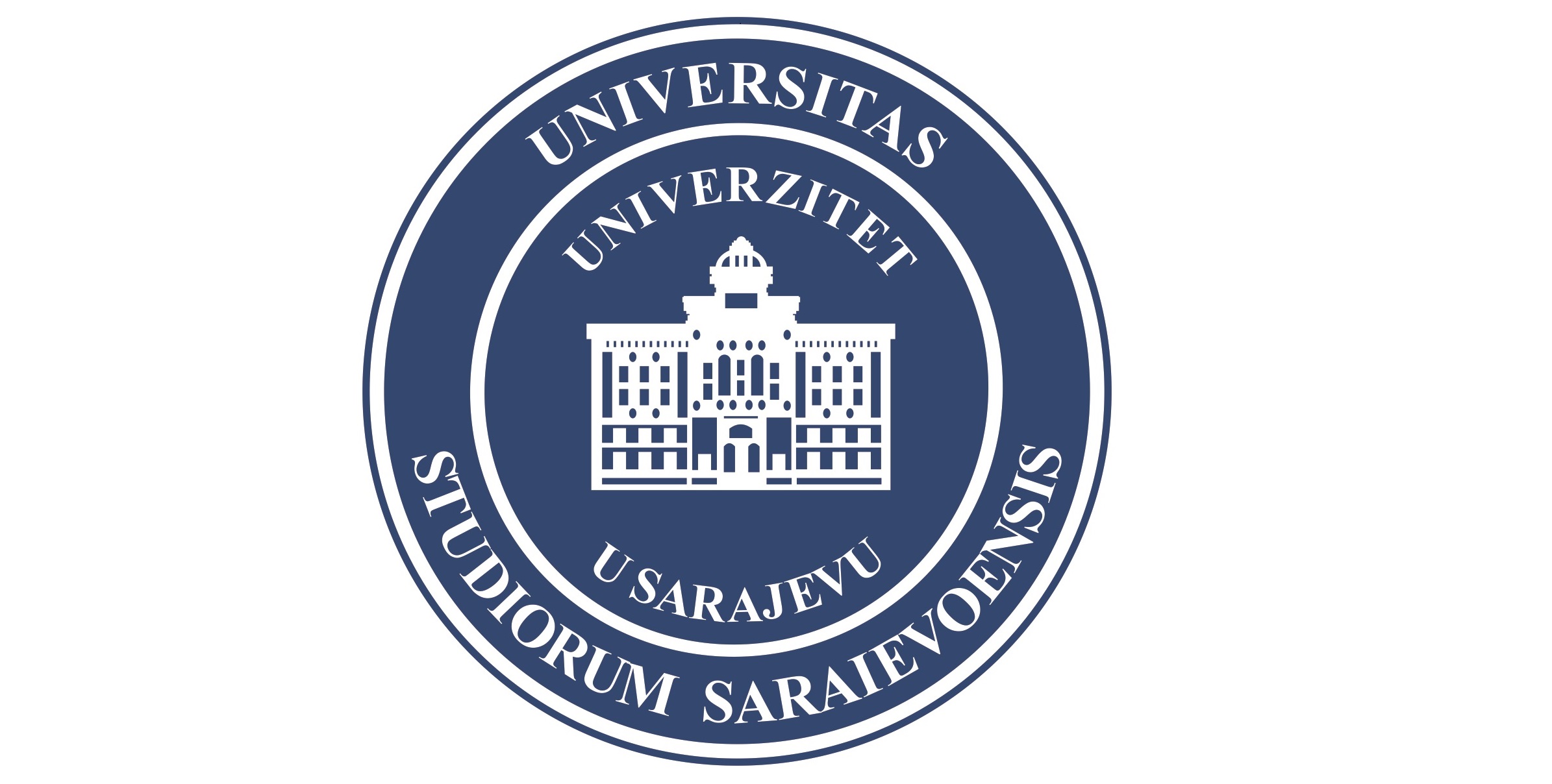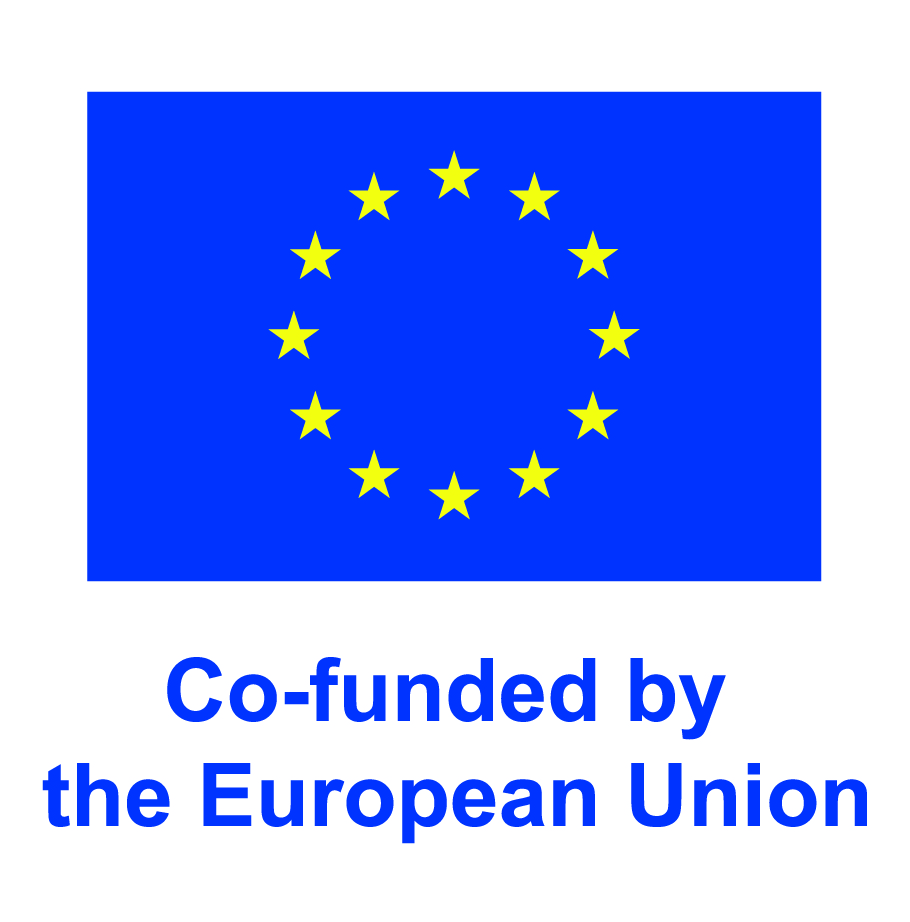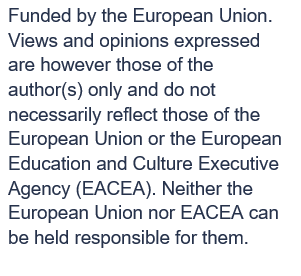26.06.2024 EUPeace-Fund project "Blended International Exchange: Inclusion and Interculturality in Global Educational Contexts" culminates in attendance week at Giessen and Marburg

From May 13 to 19, Justus Liebig University Giessen (JLU) and University of Marburg (UMR) hosted 31 student teachers and two lecturers from the University of Limoges (UNILIM) for an intensive attendance week. This event was part of the EUPeace Fund project titled "Blended International Exchange: Interculturality and Inclusion in Global Educational Contexts". The began, co-led by lecturers from JLU and UNILIM, began in March 2024 with a virtual kick-off event, followed by two thematic virtual block sessions and two informal virtual wrap-up sessions.
In collaboration with JLUs and UMRs Centres for Teacher Education, the students engaged in numerous educational, cultural, and communicative activities in both cities. Highlights included visits to primary schools in Giessen, Marburg’s botanical garden, and the “Chemikum”. Additionally, the students met with their Giessen counterparts at the “Mathematikum” to work on experiments. These activities were thoroughly reflected upon in seminar sessions and documented in an ePortfolio, serving as a diary of their intercultural exchange on educational topics like inclusion.
Feedback from participants indicates the week was highly enriching. When asked about their favorite part of the stay in Germany, two students mentioned: “We preferred the outing to the Marburg botanical garden, for the beauty of the place and the activities they offer for children. They can be reinvested in class, and make the link with ecology.“ Another student reflected on what she learned about inclusion in Germany and France, stating: “The German and the French school system share the same issues - lack of trained teachers for inclusive learning. Individual success depends largely on the background of a pupil. Accepting individual differences is important for inclusive learning in schools. Exchanging ideas and perspectives can help students and teachers to improve learning outcomes in schools across Europe.“
